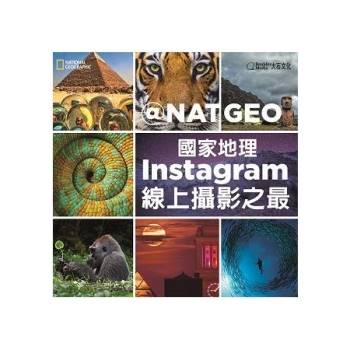This book examines how predicting the future based on analytical and empirical models is essential for our species’ survival, stable organization, and well-being. At a high level, information exchange, mainly through communication between people, fosters a deeper understanding of reality and strengthens human bonds, ultimately contributing to the emergence of societies as new creatures or "superorganisms" with significantly more data to feed those models. Communication is fundamental to the development of complex organisms, the maintenance of internal order, and the propagation of knowledge via cultural packets. The human brain’s plasticity, memory, and learning capabilities enable storage and rapid responses to new information, enhancing our decision-making and forecasting abilities. The book discusses the complexity of multicellular organisms and the mechanisms that coordinate their internal subsystems, highlighting the emergence of hierarchies from fundamental particles to networks of superorganisms. The interconnectedness of biological oscillators with prominent similarities enables synchronization as a foundation for their superior organization and collective agreements. Finally, this book explores the human quest to enhance survival through accumulating knowledge and developing tools and technologies. It underscores the significance of artificial intelligence as a tool to support cognitive abilities and address global challenges while acknowledging our limited control over reality within an independently operating universe.












